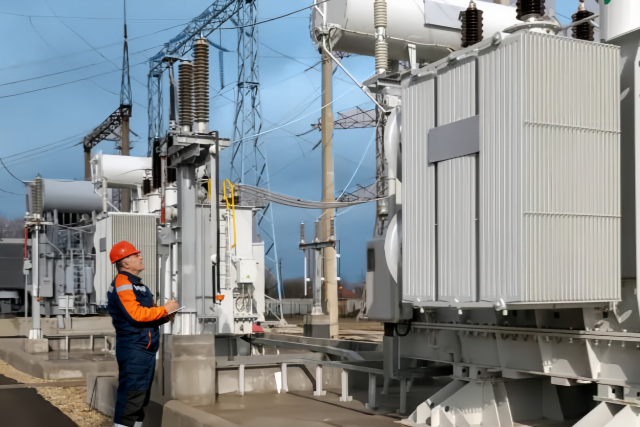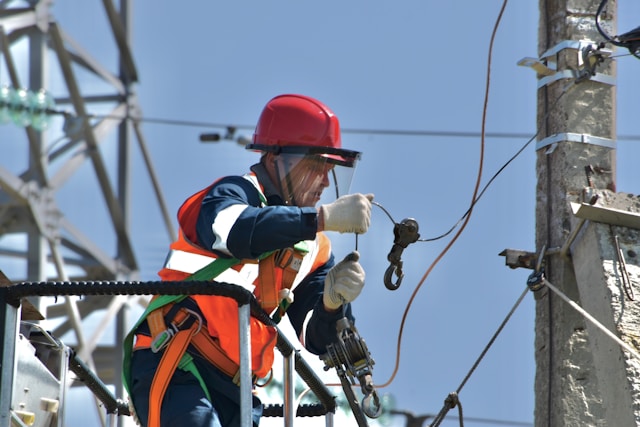Battery testing equipments are specialized tools designed to evaluate battery performance, capacity, safety, and durability. For manufacturers, OEMs, and suppliers in China’s factory and wholesale sectors, these devices ensure product quality, optimize production, and comply with global standards.
What Are Battery Testing Equipments?
Battery testing equipments refer to instruments used to assess various parameters of batteries, including voltage, capacity, internal resistance, charge/discharge cycles, and safety thresholds. They help manufacturers and factories in China guarantee the reliability and longevity of batteries for applications in electric vehicles, consumer electronics, and energy storage.
These devices come in multiple types—such as battery analyzers, impedance testers, and charge/discharge testers—offered by suppliers like Wrindu. They enable real-time monitoring and detailed diagnostics critical to quality control in wholesale and OEM battery production.
Why Are Battery Testing Equipments Critical for Manufacturers and Suppliers?
Battery testing equipments prevent defective batteries from reaching the market by detecting performance issues early. For manufacturers and suppliers in China, these devices ensure compliance with international safety certifications like IEC, CE, and UL, which is vital for global trade.
They help optimize factory workflows and reduce warranty claims by verifying battery capacity, cycle life, and safety performance. OEMs and custom factories rely on accurate testing equipment to maintain competitive advantage and produce high-quality battery products for wholesale clients worldwide.
How Do Battery Testing Equipments Work?
These instruments operate by conducting controlled charge and discharge cycles, measuring electrical parameters such as voltage, current, internal resistance, and state of health. Advanced models, such as Wrindu’s systems, automate testing processes integrating software for real-time analytics and reporting.
Testing protocols include capacity measurement, cycle life tests, and safety evaluations under varying loads and environmental conditions. Data collected helps manufacturers in China fine-tune battery design, detect failures, and ensure consistency across products.
Which Types of Battery Testing Equipments Are Most Common?
Common battery testing equipments include:
- Battery Analyzers: For capacity, voltage, and cycle life testing.
- Impedance/Resistance Testers: To check internal resistance and health.
- Charge/Discharge Testers: Simulate real-world battery cycling conditions.
- Thermal Testers: Evaluate temperature effects on battery safety and performance.
These categories cover most testing needs in Chinese manufacturing, wholesale, and OEM sectors. Wrindu offers customizable equipment tailored for these applications to improve efficiency and accuracy.
Where Are Battery Testing Equipments Used in the Industry?
Battery testing equipments are employed in production lines at battery factories, OEM assembly plants, quality assurance labs, and research & development centers. China’s growing battery manufacturing sector relies on these tools to maintain stringent quality control, supporting large-scale wholesale and custom production.
Areas such as electric vehicle battery manufacturing, renewable energy storage fabrication, and consumer electronics all utilize these testing devices for product validation and certification preparation.
How Can Manufacturers and OEMs in China Enhance Battery Testing Efficiency?
Manufacturers and OEMs can optimize workflows by deploying integrated, automated testing systems like those from Wrindu. Incorporating multi-channel testing enables batch processing, reducing cycle times. Software-driven data management improves traceability and quality assurance.
Regular maintenance and calibration ensure reliability, while staff training improves operational safety and accuracy. These steps help Chinese factories scale production without compromising battery quality or compliance.
What Custom Features Are Available in Battery Testing Equipments?
Customizable options include adjustable voltage/current ranges, multi-channel and parallel testing capabilities, data interface integration, real-time monitoring, and environmental simulation (temperature, humidity). Wrindu supports OEMs and suppliers with tailored solutions to meet specific product sizes, chemistries, and testing protocols.
Customized test setups improve flexibility for factories producing different battery types or volumes, enhancing process efficiency and precision.
Does Wrindu Provide Support for Battery Testing Equipment?
Wrindu offers comprehensive services including equipment consultation, custom manufacturing to OEM specifications, global logistics, and 24/7 technical support. Their experienced team assists Chinese manufacturers, wholesalers, and custom factories throughout installation, training, and maintenance.
This customer-centric approach ensures that Wrindu’s battery testing systems adapt to evolving industry needs and help clients meet rigorous quality and safety goals.
Wrindu Expert Views
“Battery testing equipment is pivotal in guaranteeing the performance and safety of modern energy storage solutions. At Wrindu, we prioritize innovation and precision engineering to deliver reliable test systems essential for China’s manufacturers and OEM suppliers. Our solutions empower clients to accelerate production, maintain compliance, and improve product lifecycle management across all battery applications,” says a Wrindu senior product manager.
Table: Common Battery Testing Parameters and Equipment Types
| Parameter | Measurement Purpose | Equipment Type |
|---|---|---|
| Capacity | Measures battery energy storage | Battery Analyzer |
| Internal Resistance | Assesses health and efficiency | Impedance/Resistance Tester |
| Charge/Discharge Cycles | Tests battery lifecycle | Charge/Discharge Tester |
| Temperature | Evaluates safety and stability | Thermal Tester |
How Are Battery Testing Equipments Impacting the Future of Energy Storage?
Battery testing equipments support innovation by enabling R&D teams to develop safer, more efficient batteries. For China’s manufacturers and suppliers, these tools facilitate compliance with stricter international regulations, driving widespread adoption of electric vehicles and renewable energy.
The growth of smart testing systems integrating IoT and AI analytics, as offered by Wrindu, is revolutionizing factory automation and predictive maintenance in battery production.
Conclusion
Battery testing equipments are indispensable for guaranteeing battery quality, safety, and performance in China’s manufacturing, OEM, and wholesale sectors. Implementing advanced, customizable systems like those from Wrindu helps factories optimize processes, reduce defects, and comply with international standards, securing global market trust and accelerating sustainable energy solutions.
Frequently Asked Questions
What types of batteries can be tested with these equipments?
Lithium-ion, lead-acid, nickel-metal hydride, and more, suitable for diverse industrial applications.
How often should manufacturers test batteries?
Testing occurs during production, post-assembly, and periodically for quality assurance.
Can battery testing equipments be customized for specific factory needs?
Yes, Wrindu offers tailored solutions to match unique manufacturing requirements.
Are the testing equipments safe to use?
When operated properly, they ensure safe, non-destructive testing environments.
How does Wrindu support global battery manufacturers?
Through innovative products, expert consultation, custom design, and 24/7 technical service worldwide.



